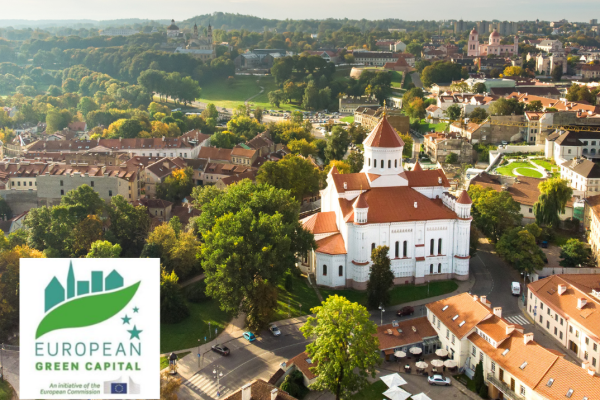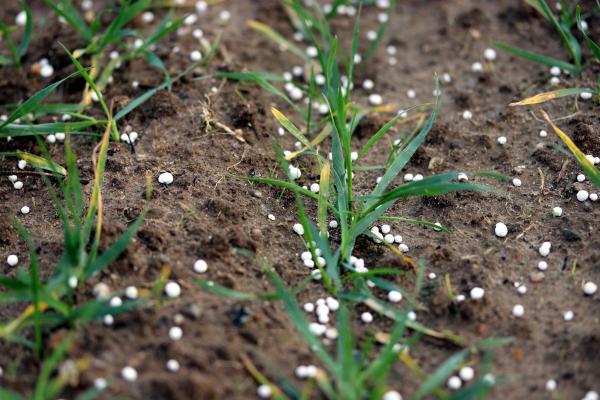Filter by
News (800)
RSS
The winners of the European Green Cities 2025 Awards are Vilnius (Lithuania), Viladecans (Spain) and Treviso (Italy).

Issue 610: This study across five European countries identifies key factors that influence local community support for protected areas and considers how stated support is also associated with compliance with regulations and the decision to volunteer.

Issue 610: The bacterium Xylella fastidiosa (Xfp) has attacked olive trees in Italy since 2013, with severe impacts. However, researchers have now used satellite data to show that bio-fertiliser is proving effective in restoring the agro-ecosystem.

Issue 610: Invasive species can harm native ecosystems and impose a high cost on society. This study reports 129 non-native species at 30 sites in Spain at the fresh/saltwater interface and suggests prioritising monitoring and response efforts.

Issue 610: Urban agriculture needs to be formally recognised in policy agendas to incentivise and regulate growing practices at different scales, suggests a new analysis of progress in four European cities.

Issue 610: Phosphorous (P) fertiliser from rocks is a limited resource with rising prices. This study investigates ways to enhance P release from biowaste materials to soil, to increase viability of these alternative sources.

Issue 610: Remote mapping shows promise as a cost-efficient way to roughly predict lichen communities in European boreal forests, finds a study of aspen trees in southern Finland.
We are pleased to announce that on 5 October at 18:00 (EEST, that is 17:00 Brussels time), the winners will be revealed during a festive ceremony in Kultuurikatel in Tallinn. Past and present winner cities will be gathering to honour this key and exciting moment of the Awards.

The aim of the visit was to follow up on the High-Level Environment and Climate Dialogue held on 4 July 2023 between the EU and China and engage in key political dialogues.

The Commission has adopted measures restricting the use of microplastics under the EU chemical legislation REACH. These measures support the Zero Pollution Action Plan 2030 target to reduce microplastics released into the environment by 30%.
